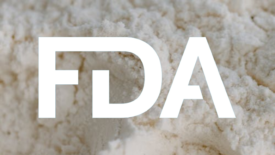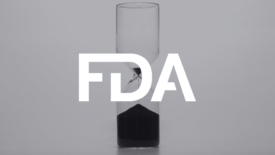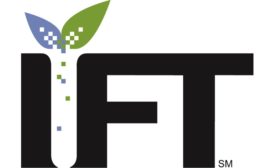FDA
BIZTRACKS
IFT Traceability Video Series to Help Food Businesses Achieve Compliance
April 11, 2023
Never miss the latest news and trends driving the food safety industry
eNewsletter | Website | eMagazine
JOIN TODAY!Copyright ©2024. All Rights Reserved BNP Media.
Design, CMS, Hosting & Web Development :: ePublishing








